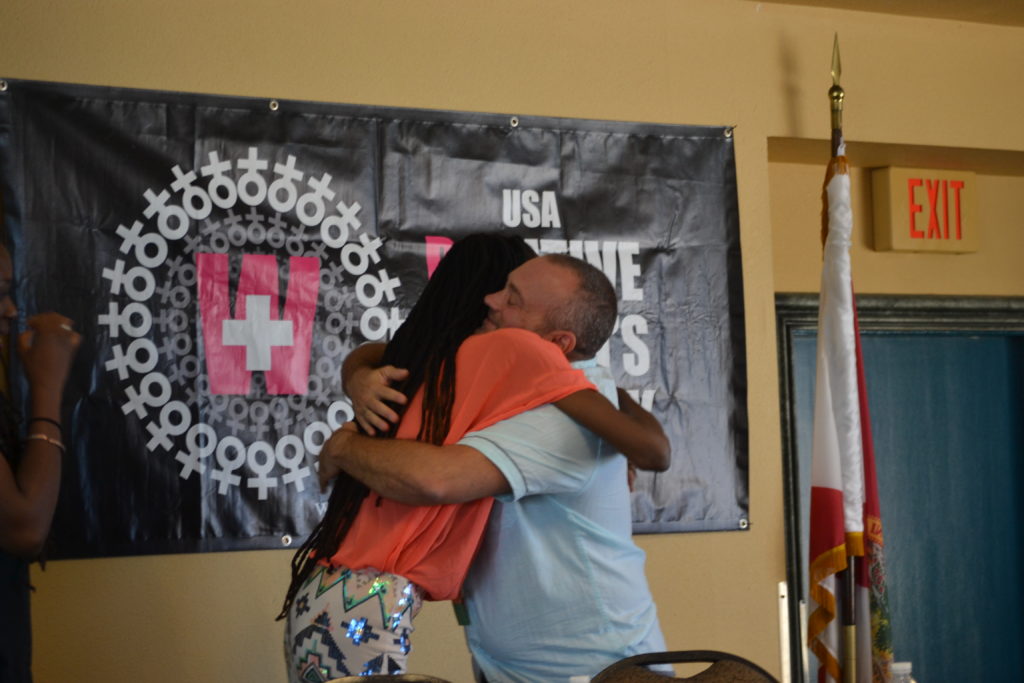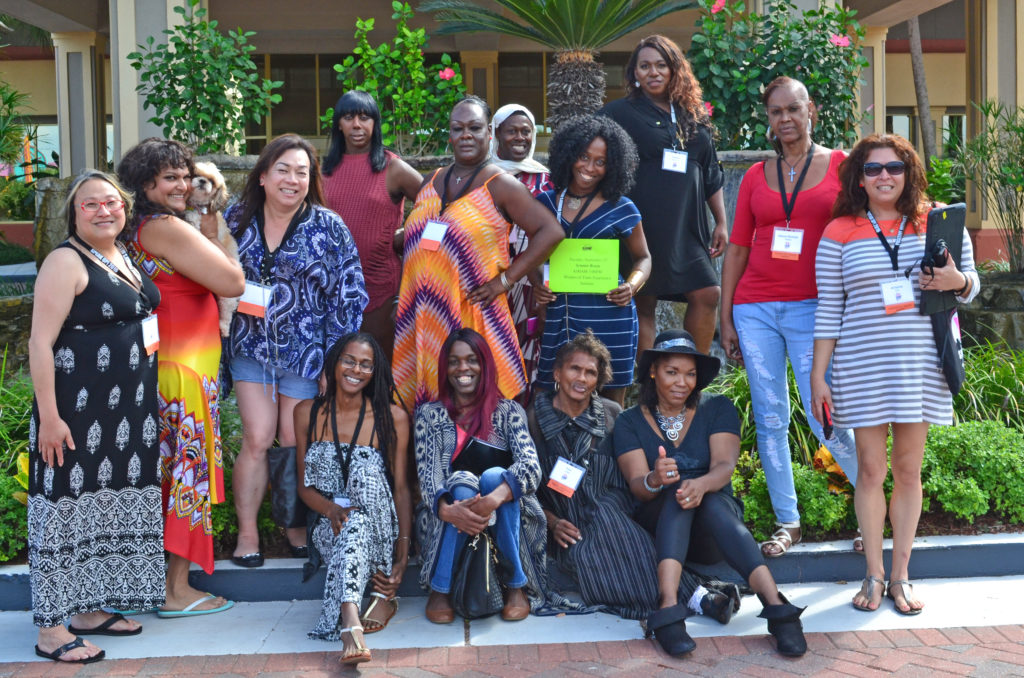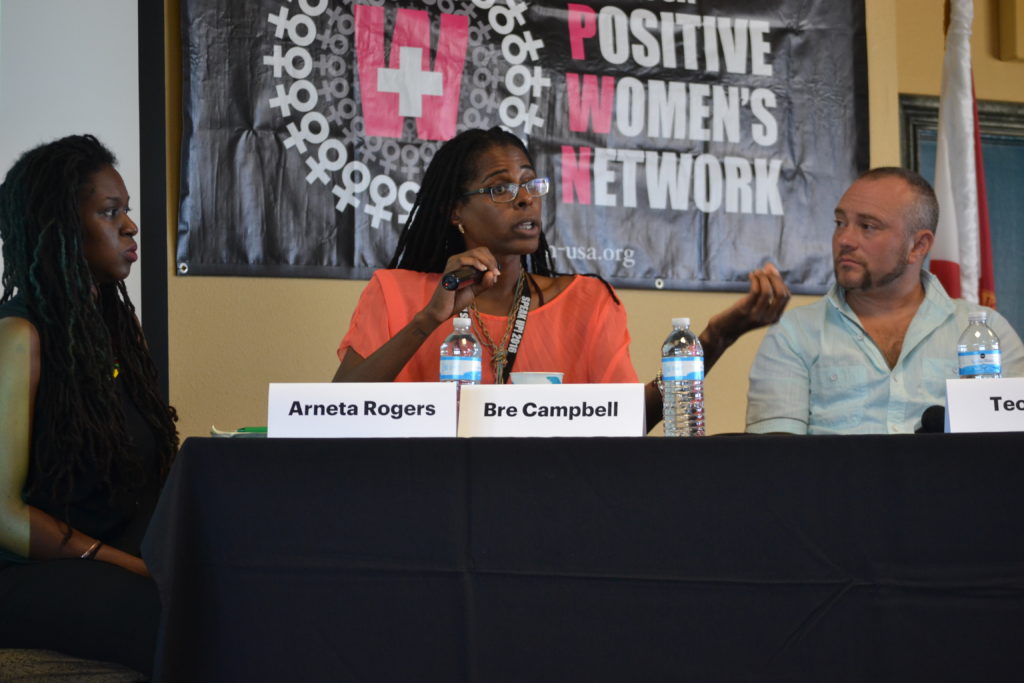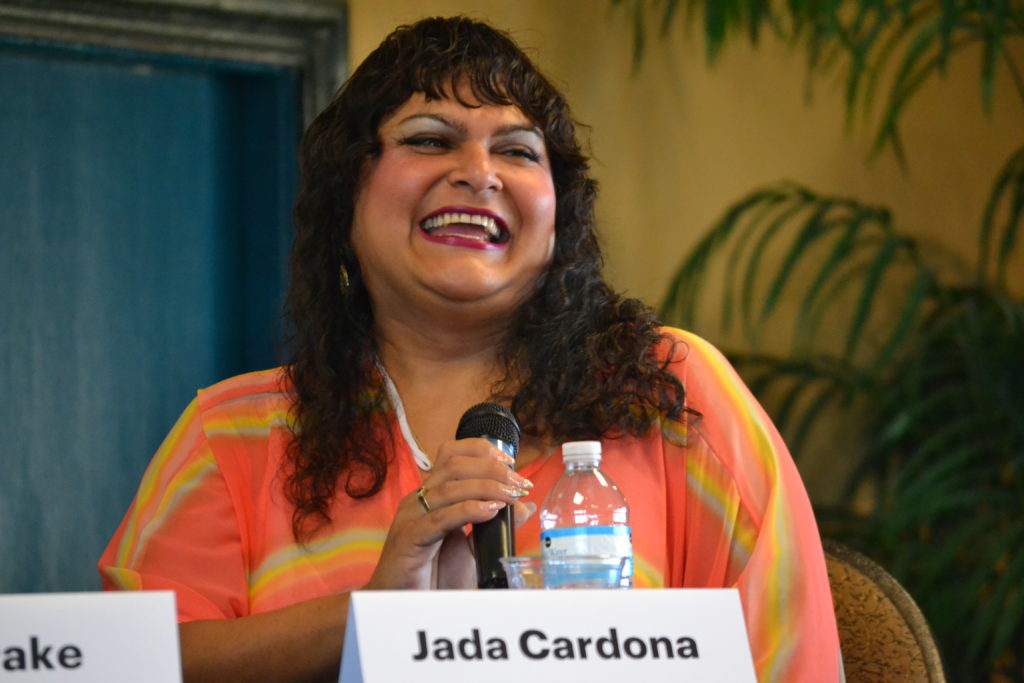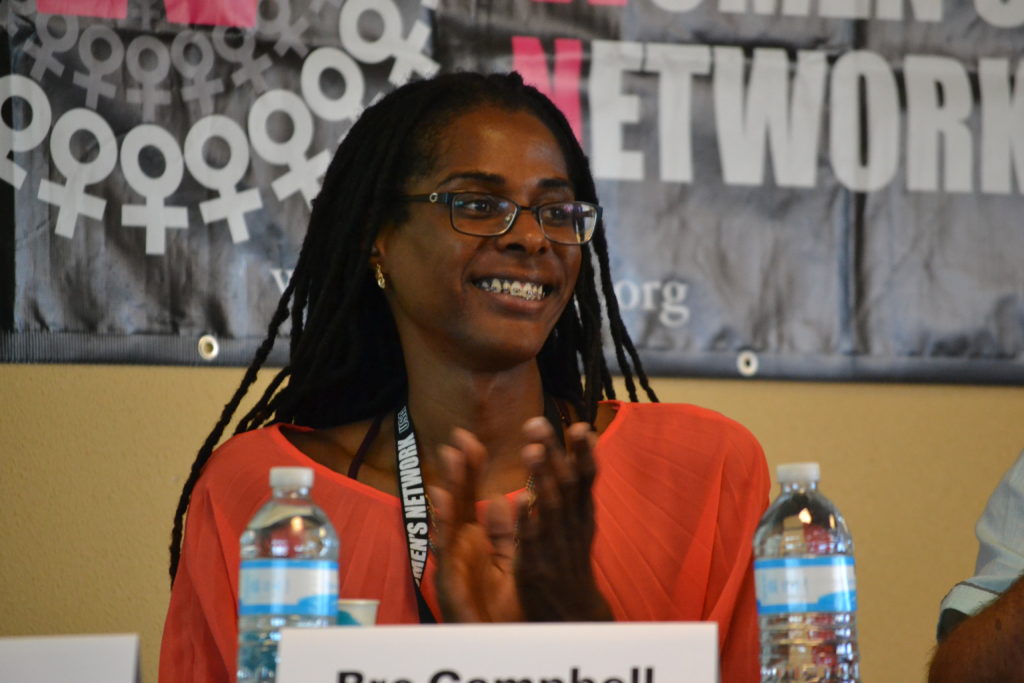November 18, 2016: Transgender Day of Remembrance—or Transgender Day of Resilience, to give full credit to the power, strength, creativity and determination our brothers and sisters of trans experience have shown in the face of relentless persecution—is observed November 20 of each year.
On this solemn but critically important day, and every day, Positive Women’s Network – USA commits to hold and uplift our transgender siblings and to do all within our power to protect them from the outpouring of hate, encircle them in love and give a platform to their voices.
This year, TDOR falls just 12 days after an election that threatens to roll back decades of progress for many communities—immigrants, LGBTQ, people of color and women—but which is particularly foreboding for the transgender community. As people of trans experience have increased their visibility in a struggle for equal rights and protection under the law, they have also faced hate crimes, including murders. Far too often, our trans family are further brutalized even in death, misgendered in the news. In fact, pervasive misgendering by police departments and media sources make it difficult to keep an accurate count of murders of transgender individuals, and can also impede investigation of incidents as hate crimes.
Separately from threats of physical violence, simply accessing health care, housing, education and employment opportunities can be like navigating a minefield for people of trans experience.
Please read the following statement from Jada Cardona, a Latinx woman of trans experience living in New Orleans, Louisiana, which was written prior to last week’s election.
Transgender People in the South Need Meaningful Change
by Jada Cardona, Executive Director of Transitions Louisiana
 Being transgender in the Southern United States has its unique set of challenges. We can consider it positive movement when we haven’t lost any footing but unfortunately, there is not much forward progress. Despite last week’s election, we refuse to go backward.
Being transgender in the Southern United States has its unique set of challenges. We can consider it positive movement when we haven’t lost any footing but unfortunately, there is not much forward progress. Despite last week’s election, we refuse to go backward.
We demand:
1. Affordable access to gender-affirming, non-discriminatory health care.
Since the adoption of the Medicaid expansion, we have been left out of the loop, as none of the states in the Deep South has expanded their Medicaid programs to be in line with ACA recommendations. More and more, young transgender women are resorting to underground silicone to have their bodies feminized. Hormones are super expensive and are not available to young transgender women. In fact, if you are living with HIV and are not adherent to the HIV meds, in some areas you risk being cut off of hormone treatment. There are no gender care clinics or after care clinics here in Louisiana. Getting gender reassignment is dangerous whenever you have to travel out of state (closest in Georgia) and have to recover in cheap motels instead of at home. Gender affirming care is still a dream on the horizon and not available in the South.
In a needs assessment survey of transgender Americans released by Positively Trans this spring, only 67% of Latinx respondents and 75% of African American respondents reported having health care coverage. Just 70% of respondents earning less than $12,000 a year had coverage. And 53-82% of respondents who reported having possibly or certainly been denied care because of their gender identity or HIV status had gone six months or longer without health care since their HIV diagnosis. Given the South’s failure to expand Medicaid, it is highly likely that the numbers in the South are even higher than these figures.
Further, 8% of respondents to the survey living in the South had never had an HIV viral load test. Viral suppression was also a full 10% lower among respondents in the South than elsewhere (71% compared with 81%).
These grim numbers highlight the urgent need for access to health care that is affirming for people of all genders and affordable.
2. Inclusion of gender identity in non-discrimination and equal opportunity laws and policies.
The Positively Trans needs assessment survey shows that 65% of respondents earned $23,000 or less annually, with a full 43% earning less than $12,000. Extreme poverty related to discrimination in education and employment settings forces some transgender people to resort to survival sex work or other survival strategies as they worry about where they will be sleeping and what are they going to eat.
This marginalization also increases risk of HIV acquisition for people of trans experience. Homelessness, lack of socially acceptable employment opportunities, and mental health challenges resulting from internalized oppression are killing our transgender sisters and brothers. The suicide rate is alarming and no one seems to be addressing the root causes of the problems.
Employment may grant an unprecedented level of self-efficacy necessary to build better lives. Non-discrimination laws must include protections for gender identity, and employers must be trained to comply with these laws both in the employment process and on the job.
Housing discrimination also remains an enormous barrier to stable employment and health care.. Homelessness can make it all but impossible to secure or hold down a job, as well as making it much more difficult for people of trans experience living with HIV to stay engaged in care. Non-discrimination laws and policies around housing must protect gender identity and must be enforced. Additionally, transgender individuals should have equal access to affordable housing opportunities.
Despite these challenges, I must point out that there is some growth that has been happening in our lives. For instance, we are more visible than we have ever been. People are now listening to our stories, and some organizations like PWN have embraced us. It is wonderful to know that there are some people who are committed to changing the political climate to one of inclusion and love. As we continue to change hearts and minds by sharing our truths, we demand that our neighbors, public and private institutions, and policymakers put down their prejudgments and recognize us as equal, so that we can finally get the respect that we need to thrive and supersede all that is against us in this world.
- PWN-USA Board Member Bre Campbell and Teo Drake exchange a hug following their plenary session at SPEAK UP! 2016
- Institute for Women of Trans Experience at SPEAK UP! 2016
- Bre Campbell talks about the challenges accessing gender-affirming health care during plenary at SPEAK UP! 2016
- Jada Cardona talks about the challenges accessing gender-affirming health care during plenary at SPEAK UP! 2016
- Bre Campbell talks about the challenges accessing gender-affirming health care during plenary at SPEAK UP! 2016



